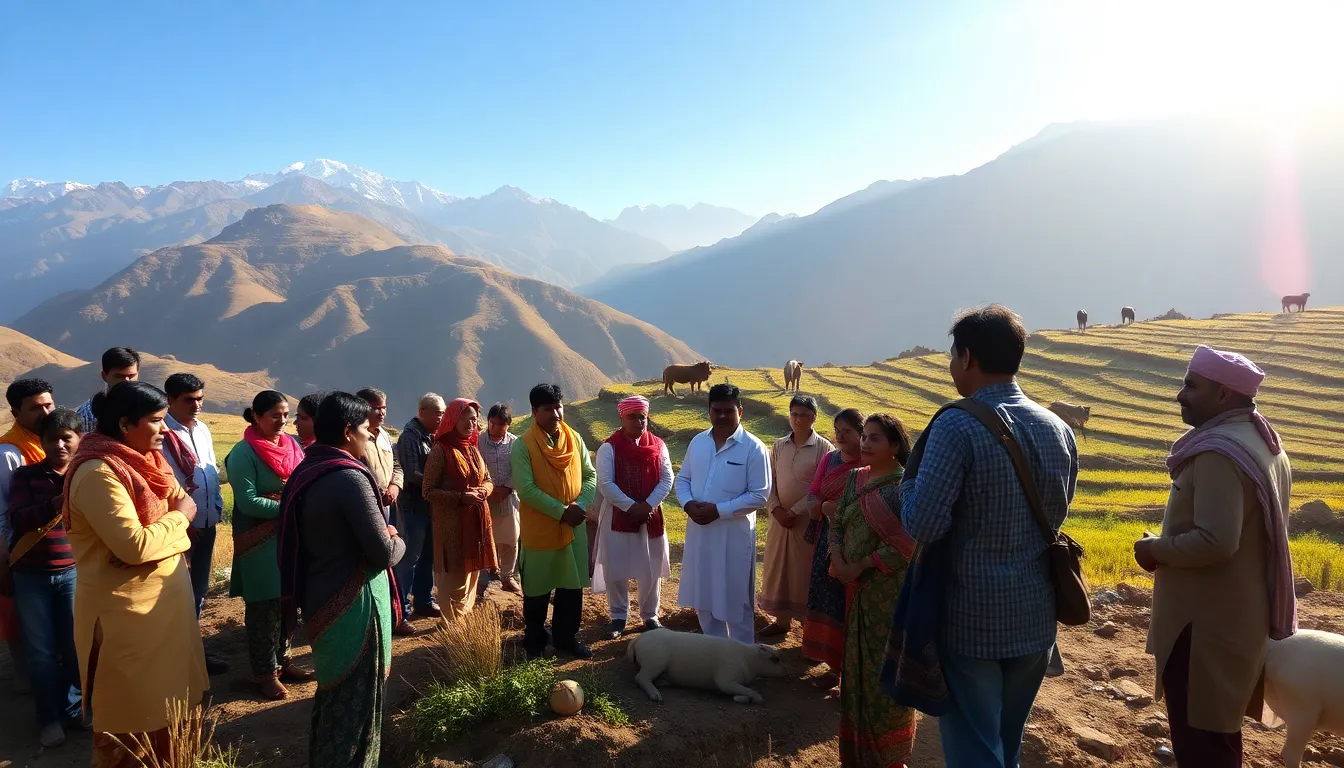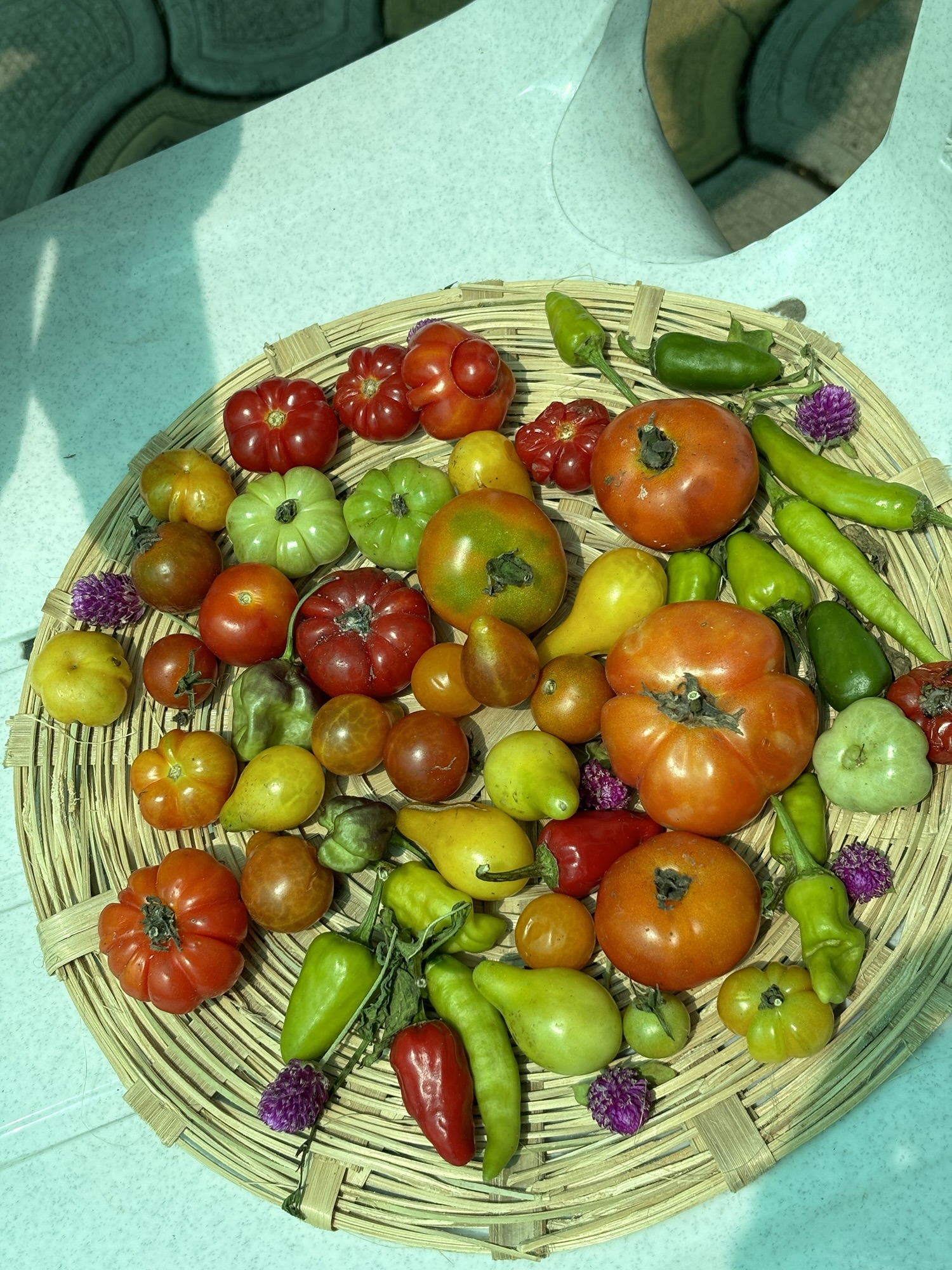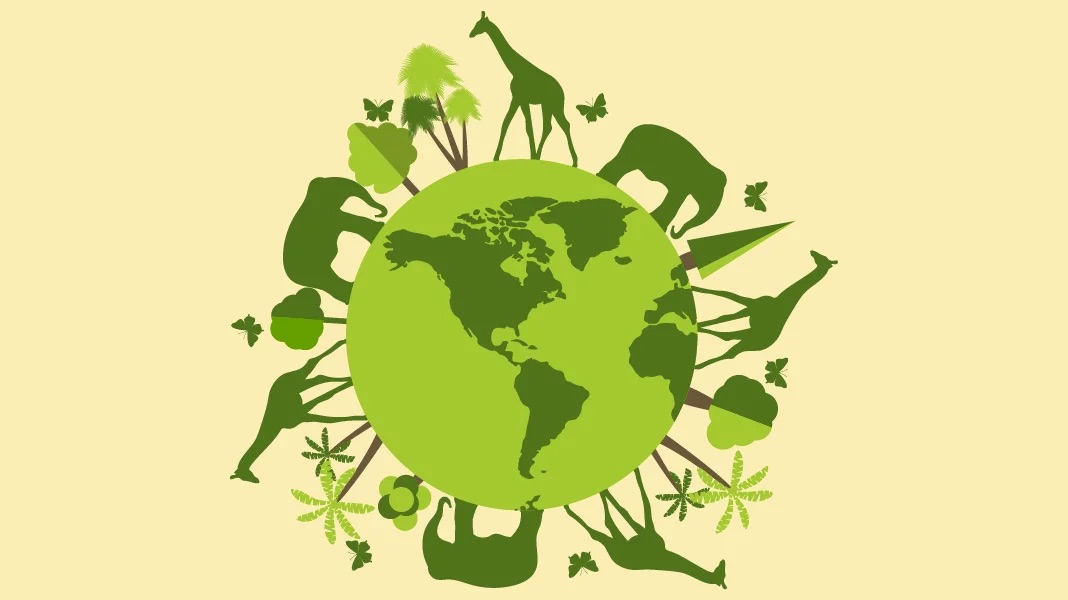Agriculture in India is reaching new heights with the launch of the Viksit Krishi Sankalp Abhiyan. This initiative began in Komic, the world’s highest motorable village, located at 4,587 meters above sea level. The campaign aims to empower farmers in high-altitude areas with sustainable farming practices and scientific knowledge.
The launch took place on October 9, 2024, organized by the Krishi Vigyan Kendra (KVK), Lahaul Spiti-II, Tabo, in collaboration with the Yashwant Singh Parmar University of Horticulture and Forestry (YSPUHF), Solan, and the Indian Council of Agricultural Research (ICAR). This initiative is part of a larger movement by the Ministry of Agriculture and Farmers Welfare to enhance the capabilities of farmers across India, especially in remote regions.
During the inauguration, Ms. Shikha Simtia, the Additional Deputy Commissioner of Spiti Valley, emphasized the need for sustainable agricultural practices. She called on local governance bodies and agricultural institutions to work together for the success of this transformative campaign. She highlighted that the campaign is crucial for preserving the fragile ecosystem of the region, which is sensitive to climate change and other environmental impacts.
Local leaders also supported the initiative. Shri Chhering Paldan, Pradhan of Langza Panchayat, pledged his full cooperation and encouraged farmers to adopt modern technologies to improve their agricultural productivity. This is especially important in high-altitude conditions where traditional farming methods may not be as effective.
Farmers from the region participated in interactive sessions where they learned about better cultivation methods. Topics included crop diversification tailored to high-altitude farming, soil testing, natural farming techniques, and water-efficient irrigation methods. These discussions provided valuable insights into how farmers can adapt their practices to enhance yields and sustainability.
The campaign also aimed to inform farmers about various government schemes designed to support their needs. These schemes are particularly beneficial for marginal farmers living in mountainous areas, helping them gain access to resources that can improve their livelihoods.
To further extend the outreach, the KVK team visited Tashigang, recognized as the world’s highest polling station. Here, they focused on specific challenges faced by farmers, particularly concerning pea and barley cultivation, which are staple crops in the region. Scientists provided practical solutions that were locally adapted and reassured farmers that their feedback would be integrated into future agricultural research and extension services.
The Viksit Krishi Sankalp Abhiyan is more than just a campaign; it is a powerful symbol of inclusion. It demonstrates the commitment to ensuring that even the most remote communities in India have access to agricultural innovations and government support. As this initiative continues to evolve, it aims to build a resilient and inclusive agricultural ecosystem throughout the country, one village at a time.
The initiative not only aims to empower farmers but also fosters collaboration between local governance and agricultural institutions. This cooperation is essential for long-term rural development, ensuring that farmers are not just recipients of knowledge but active participants in shaping their agricultural futures.
In conclusion, the Viksit Krishi Sankalp Abhiyan represents a significant step towards transforming agriculture in one of the most challenging environments in India. With the support of local leaders and the commitment of agricultural scientists, farmers are being equipped with the tools they need to thrive in a changing world.





